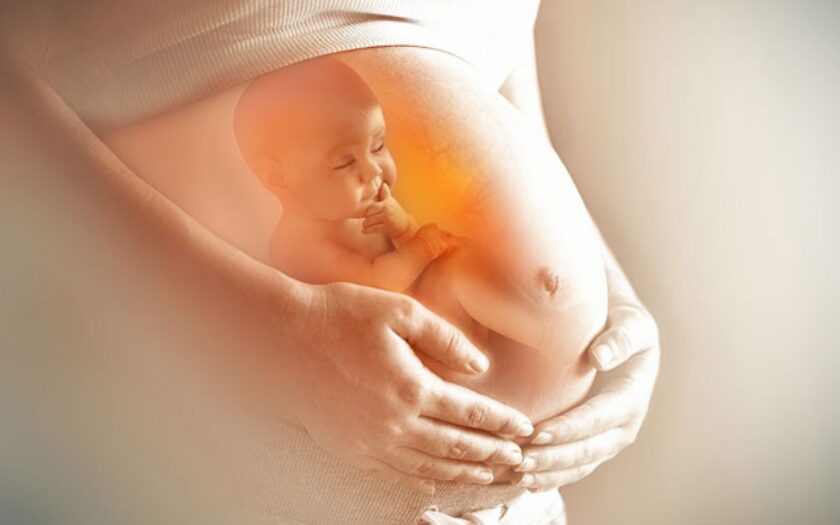Managing Pregnancy Comfortably During Hot Weather
During pregnancy, most women experience an increase in body temperature, which can make them more sensitive to hot weather. In the first trimester, it’s particularly important to avoid becoming overheated, as high temperatures can impact fetal development. Overheating can lead to constriction of the mother’s blood vessels, reducing blood flow and nutrients to the baby, which may affect growth and development. To manage heat sensitivity, pregnant women should stay hydrated, avoid excessive heat exposure, and wear lightweight, breathable clothing.











